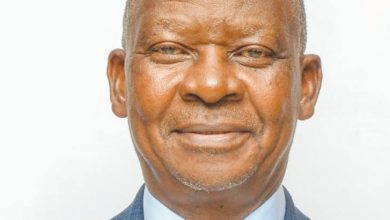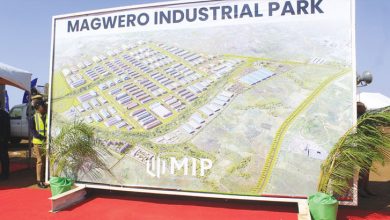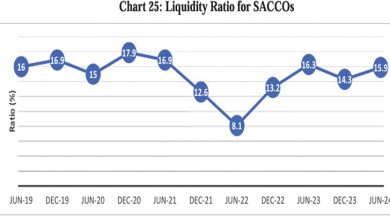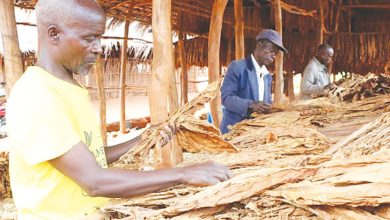Firm risks closure due to low cotton output
Malawi Cotton Company says it is contemplating closing its factory in Balaka District due to persistent low cotton output and government’s lack of interest to promote the crop’s farming.
The firm’s field manager Yohane Jim said in an interview on Wednesday that they are only accessing 3 000 metric tonnes (MT) of cotton against its production capacity of 30 000MT, a situation which is proving costly to sustain.
He said: “Cotton business relies on volumes, but for many years we are only getting 3 000 metric tonnes while we have an installed capacity of 30 000 metric tonnes, a situation which means we just operate to run the machine and this is costly to any business.

“This is partly the reason other ginners closed shop because you cannot meet the total expenses with low volumes.”
Jim said the firm recently invested in an oil plant in Balaka and a textile factory in Salima in a $64 million (about K112 billion) combined investment, which are not operating because of lack of supply.
He said: “We currently only separate the seed from the lint. The oil plant and the textile factory are not operating because we need more cotton based on their capacity.
“The textile factory alone, for instance, has an 11 000 metric tonnes capacity.”
In a separate interview, one of the cotton sector experts Daniel Kalowekamo attributed the challenges to high price of seeds and lack of proper market structures.
He said government’s lack of seriousness to revamp the sector has resulted in farmers switching to other crops.
Said Kalowekamo, who is also former field manager for Toleza Cotton: “The seeds are expensive for farmers to access, but when ginners supplied seeds to farmers on credit, most farmers did not pay back after selling, leaving the companies frustrated.”
Cotton Farmers Association of Malawi president Labson Zidana faulted government for failing to subsidise cotton seeds to enable farmers access hybrid seeds to increase output.
“We have been lobbying government to consider the cotton sector by subsidising inputs like they do with other crops, but we have come to realise that it is not in the interest of authorities when it comes to cotton,” Zidana said.
Longtime cotton farmer Duncan Warren said the Malawi Cotton Company’s situation is not surprising, saying most ginners with large capacity cannot sustain operations with low supply of the lint.
He said there is need to subsidise the seeds now at K58 000 per kilogramme, improve extension services and revive value addition which is diminishing.
But Cotton Council of Malawi executive director Cosmas Luwanda said efforts are there to increase cotton output to the level of 2011 when production hit 100 000MT and most of the initiatives will come to play in the forthcoming growing season.




